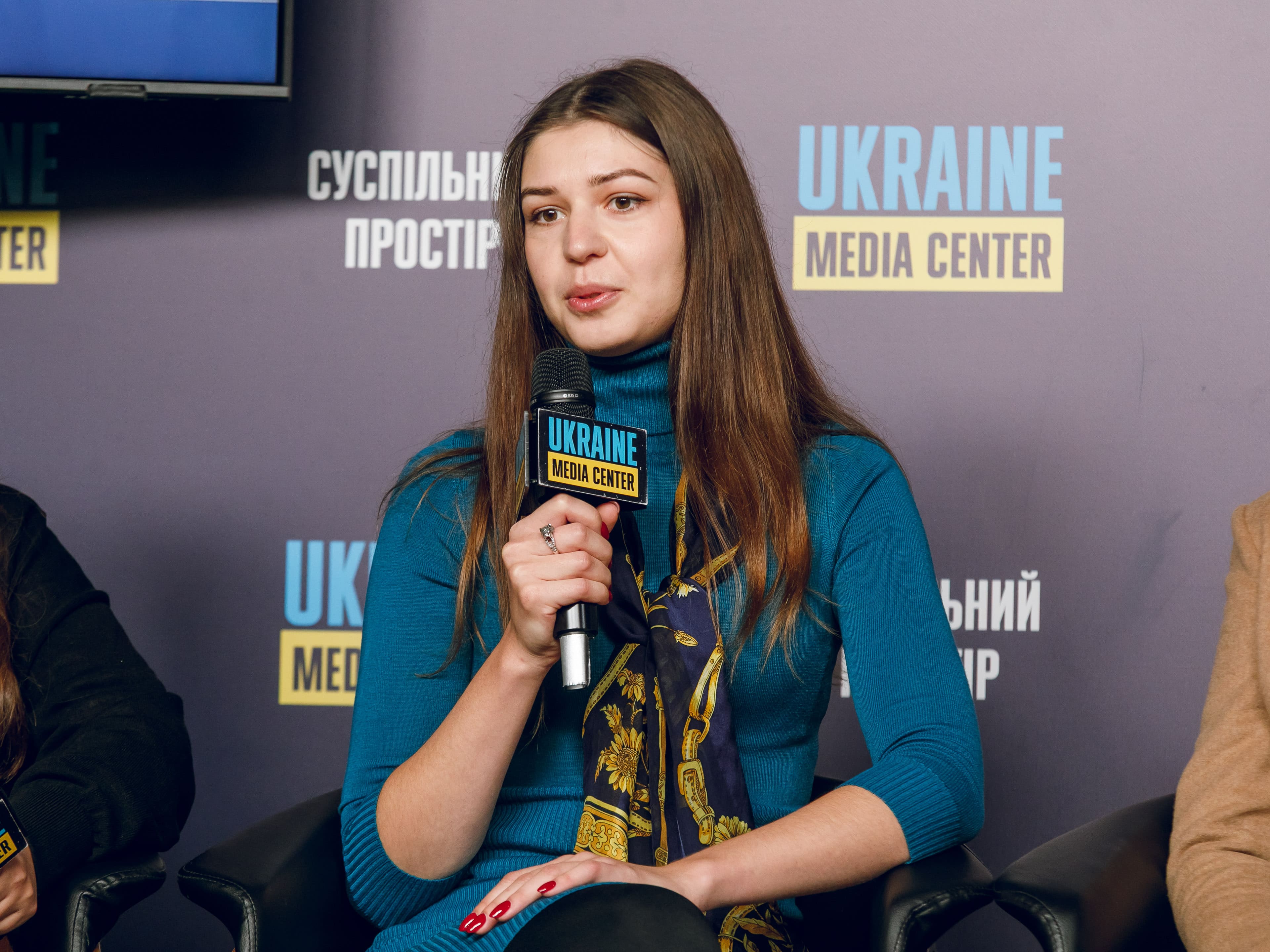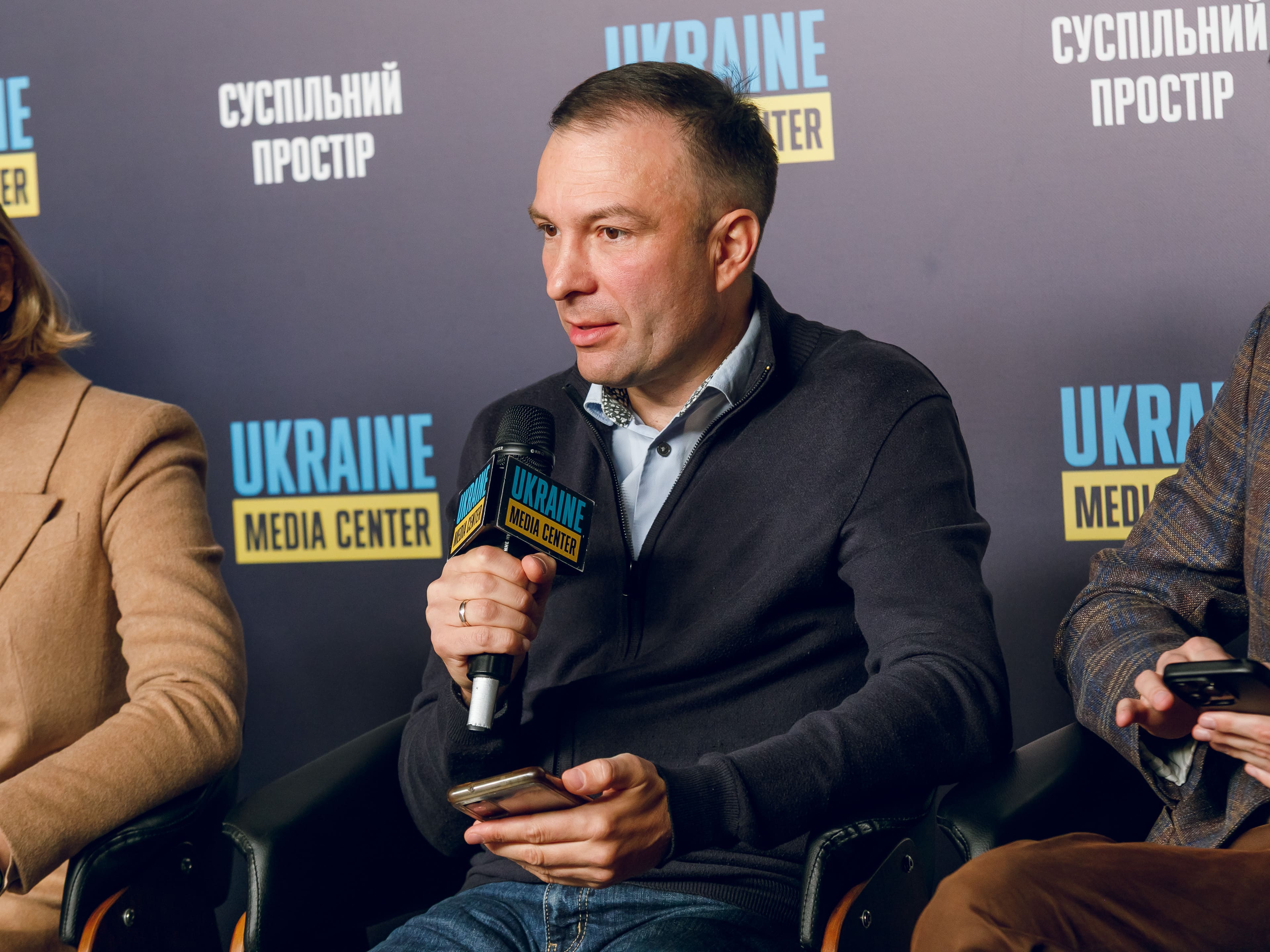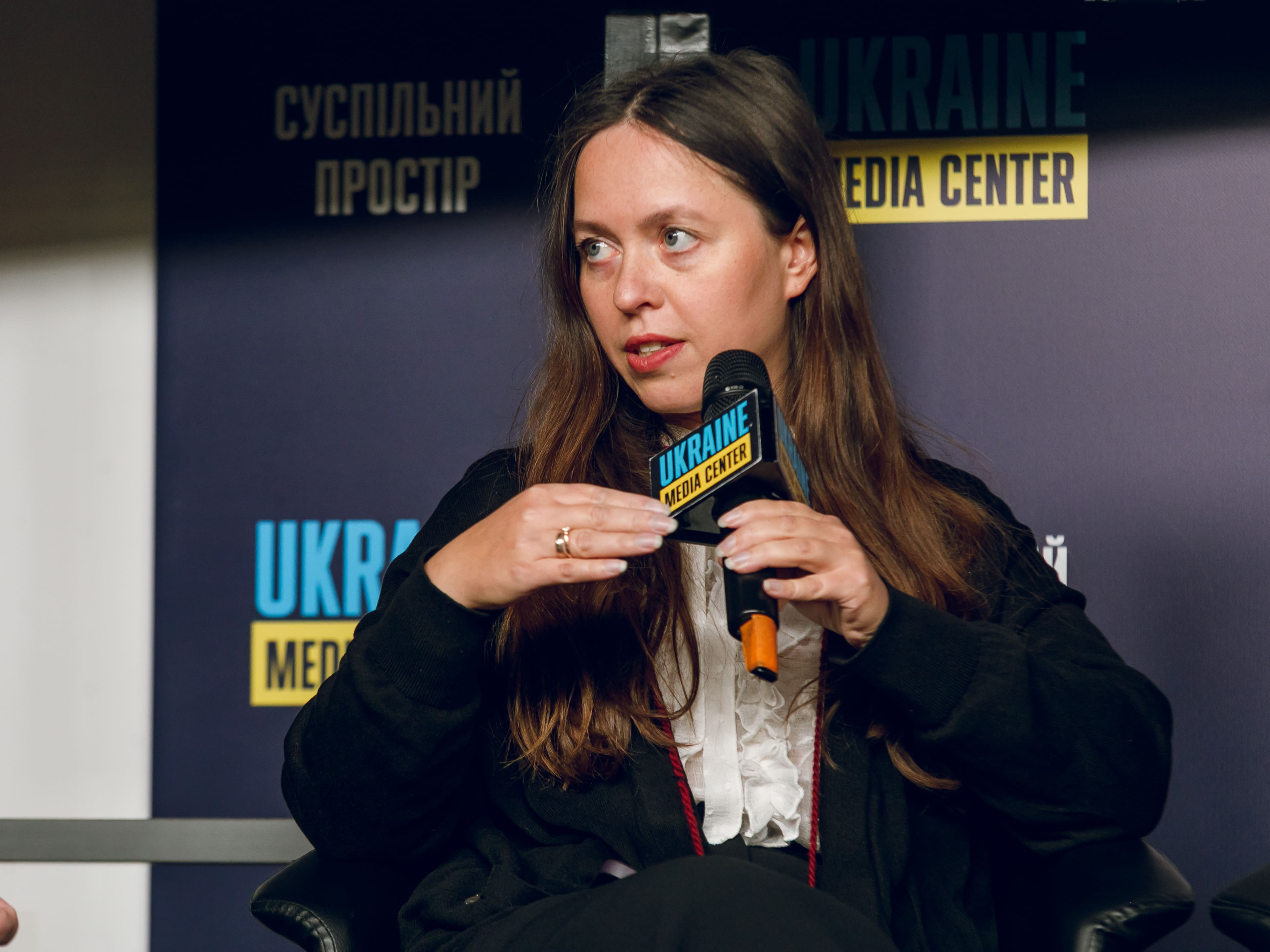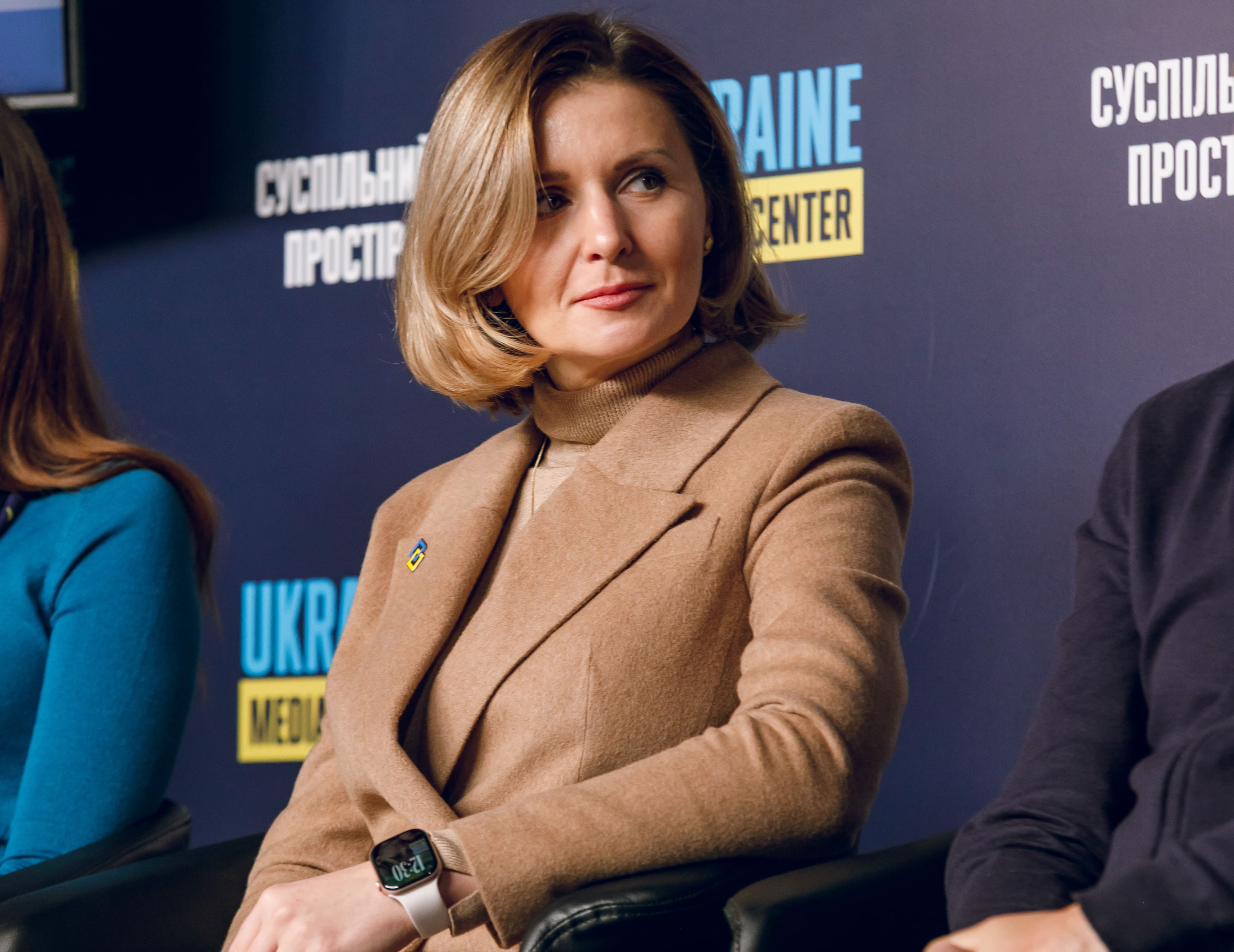War and crises have become catalysts for the transformation of civil society organizations, enabling them to overcome challenges and strengthen their independence. This was discussed during the debate “Civil Society in Ukraine: From Crisis to Sustainability.”
Over the past decade, Ukrainian civil society has undergone several waves—from the rise following the Revolution of Dignity to the turmoil of war, from the peak of donor support to the search for its own resources. The sector has gradually shifted from mobilization to systematic work, and today civil society organizations not only respond to challenges but also shape government decisions and the reform agenda.
Participants in the expert discussion "Civil Society in Ukraine: From Crisis to Sustainability," organized by the Ukrainian Center for Independent Political Research in partnership with Media Center Ukraine, discussed the transformation of the sector, funding challenges, and the search for a new role for civil society organizations.

Valeriia Skvortsova, Executive Director of the UCIPR, emphasized that over the past decade, the sector has faced political, financial, and security crises, yet has emerged stronger each time.
"The last ten years have been very eventful for civil society organizations in Ukraine. Since 2014, the state has chosen a democratic and European path, an important part of which has been strengthening the role of CSOs. In 2017–2018, the Ukrainian authorities attempted to somewhat restrict the work of civil society organizations. However, during the coronavirus crisis and the full-scale invasion, CSOs demonstrated their resilience and ability to respond to crises," she noted.
Since 2017, the UCIPR team has been researching the Civil Society Sustainability Index, which covers seven key development indicators: from the legal environment to public image. According to Skvortsova, the index shows that the sector has become stronger, but a number of challenges remain, particularly in the context of funding.
"After the departure of some international donors from Ukraine, we are seeing a process of resource localization. CSOs need to work on diversifying their sources of funding to reduce their dependence on international grants," the expert added.
Maksym Latsyba, head of the Civil Society Development Program at the Ukrainian Center for Independent Political Research, noted that 2019–2021 could be considered crisis years in relations between the state and the civil sector.

"The influence of civil society on state policy is declining compared to 2014-2016. Following the Revolution of Dignity, the influence and capacity of civil society were significantly enhanced. The authorities were more willing to listen to and accept the voice of civil society organizations," said Latsyba.
At the same time, he emphasized that all progressive reforms, including decentralization, the adoption of the election code, and public procurement reform, were developed in collaboration with civil society.
Oleksandra Hlizhynska, chair of the board of the “Institute Respublica” and founder of the Active Community NGO, an expert in strategic development, noted that one of the achievements of civil society is the Law on Public Consultations, which provides grounds for directly influencing government decision-making.

"The achievements we already have—holding public consultations with the Verkhovna Rada and ministries—have made it possible to form a basis for when MPs request consultations. For example, our organization currently receives many more requests for public consultations than we can actually fulfill," said Hlizhynska.
She also emphasized that the main challenge for many CSOs remains building internal capacity, including strategy, human resource management, communications, and transparency policies.
Evelina Kurilets, executive director of the Razom for Ukraine Charitable Foundation, also highlighted the resource and value dimensions of CSO activities.

"I urge you not to think only about what we can get. I really like the phrase 'inspire the world with Ukraine'. Let's be honest: we now have to sell this product to donors so that they want to support us. And we are talking about inspiring the world with Ukraine, and we really do have something to inspire with," the expert emphasized.
Kurilets also noted that volunteer and charitable movements must maintain professionalism, transparency, and humanity, because these qualities shape the world's trust in the Ukrainian sector.
Vadym Miskyi, program director of the NGO Detector Media, added that a consistent and open dialogue with society is crucial for long-term trust in civil society organizations.

"2022 was a peak year—the media constantly wrote about volunteers, philanthropists, and initiatives. But now interest has plateaued. It is important not to lose transparency and consistency in communications: to explain why we exist, where we get our funds from, and how exactly we help," he noted.
According to Miskyi, communicators in CSOs should perform a strategic rather than a technical function—they should be the voice of the organization, shaping its reputation and public trust.
Despite all the challenges, civil society in Ukraine remains one of the key factors in maintaining the state's stability. As the participants in the discussion concluded, the next decade should be a stage of strategic development for civil society organizations.
The material was published in the publication “Detector Media.”
